India imported €2.9 billion (approx. $3.1 billion ) worth of crude oil from Russia in August, nearly matching China’s €3.1 billion ($3.3 billion), according to an Economic Times report, citing data from the Helsinki-based Centre for Research on Energy and Clean Air (CREA).
India’s imports rose from around €2.7 billion ($2.9 billion) in July, while China’s declined from €4.1 billion ($4.4 billion) over the same period.
The data highlights India’s growing role as a key buyer of Russian energy, even as the United States intensifies pressure to curtail such trade, arguing it helps fund Moscow’s war in Ukraine. In response to India’s continued purchases, Washington imposed a 25% additional tariff on a range of Indian exports to the US starting August 27 — a measure not applied to other major buyers of Russian oil.
Tensions escalated further on Tuesday, when US President Donald Trump reportedly urged the European Union to impose tariffs of up to 100% on Chinese and Indian goods in an effort to push both countries to reduce energy ties with Russia.
Despite mounting pressure from the West, Russia maintained strong energy exports in August.
China remained the top importer of Russian crude oil and coal, while Turkiye was the leading buyer of Russian oil products and natural gas, added the report.
According to the report, citing CREA, India imported a total of €3.6 billion ($3.85 billion) in fossil fuels from Russia in August, making it the second-largest buyer after China, which imported €5.7 billion ($6.09 billion).
India’s purchases included €510 million ($545 million) worth of coal and €282 million ($301 million) of refined oil products, in addition to its major crude oil imports.
Impact Shorts
More ShortsDespite sustained pressure from Washington to cut energy ties with Moscow, Indian officials have defended the country’s position, arguing that it is being unfairly targeted while others — including China and the European Union — continue buying large volumes of Russian energy.
China’s August imports were led by €855 million ($918 million) of coal, €553 million ($594 million) in oil products, and €676 million ($723 million) in pipeline gas.
Turkiye ranked third globally with total imports of €3 billion ($3.21 billion), comprised of €1.2 billion ($1.28 billion) in pipeline gas, €1 billion ($1.07 billion) in oil products, €596 million ($637 million ) in crude, and €225 million ($241 million) in coal.
The European Union ranked fourth, importing €1.2 billion ($1.28 billion) in Russian fossil fuels, led by €773 million ($827 million) in LNG and pipeline gas, and €379 million ($405 million ) in crude oil.
South Korea followed in fifth place, with €413 million ($442 million) in coal, €118 million ($126 million) in LNG, and €33 million ($35 million) in oil products.
While the US has not directly sanctioned Russian oil, it has imposed a price cap that allows countries to import Russian crude and products below a set threshold.
India, which has largely complied with the price cap mechanism, maintains that its imports are legal under international rules and that its energy needs should not be politicised.
With inputs from agencies


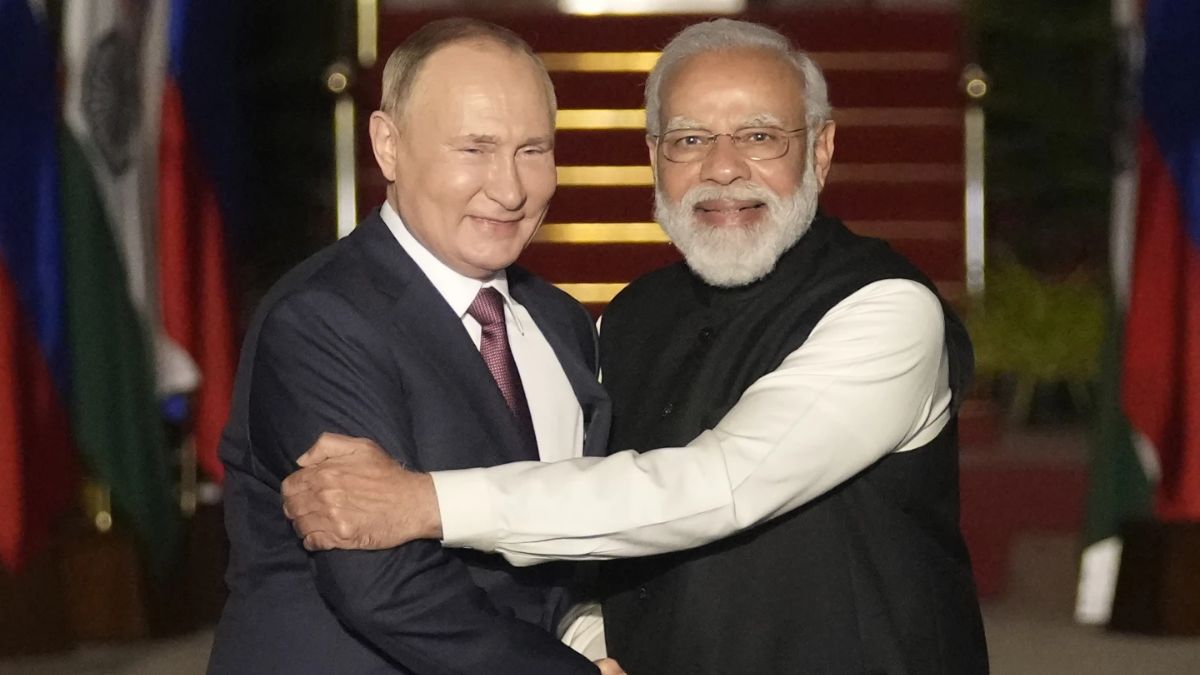)

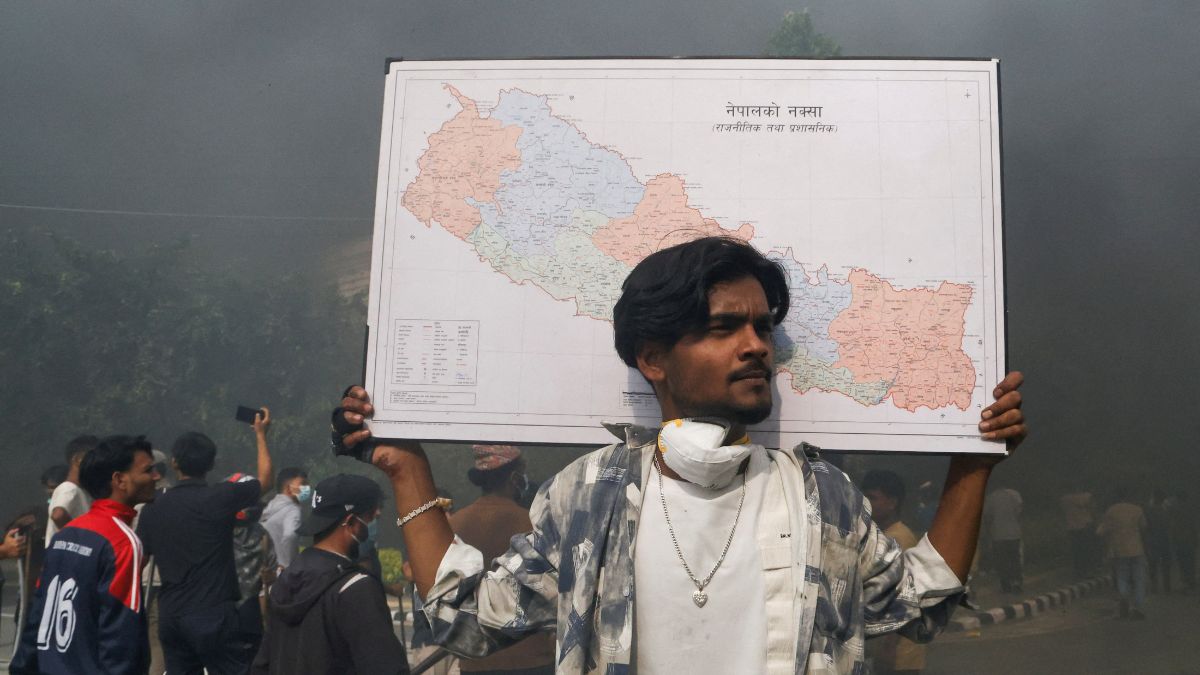)
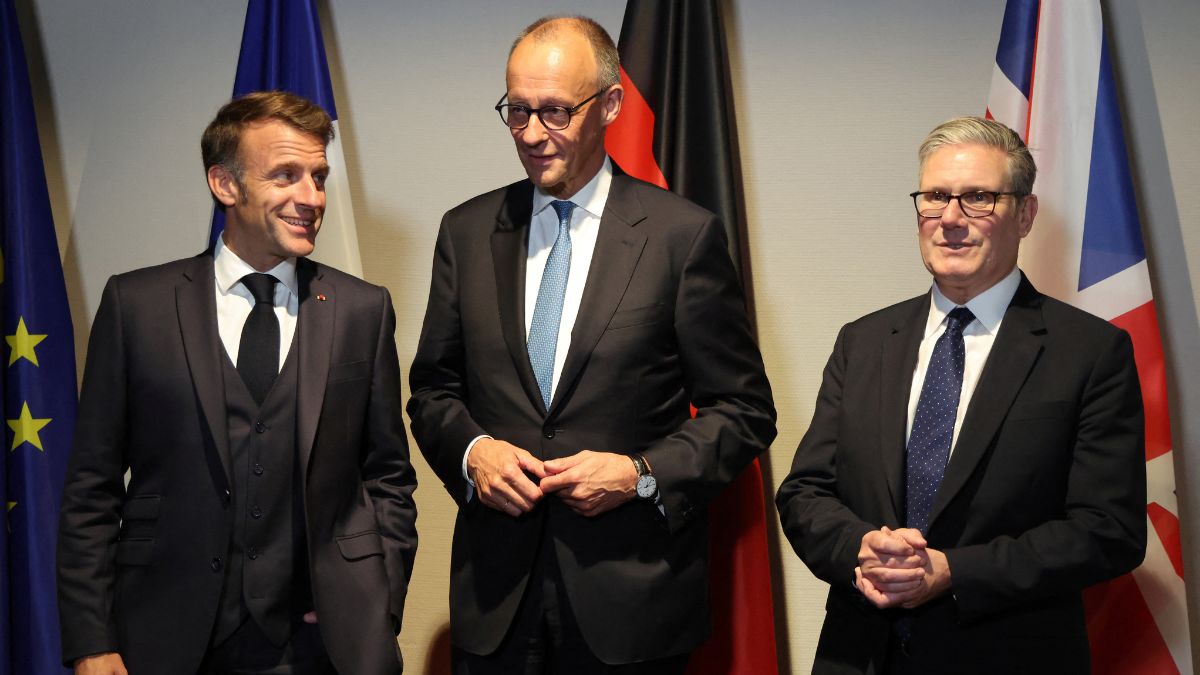)
)
)
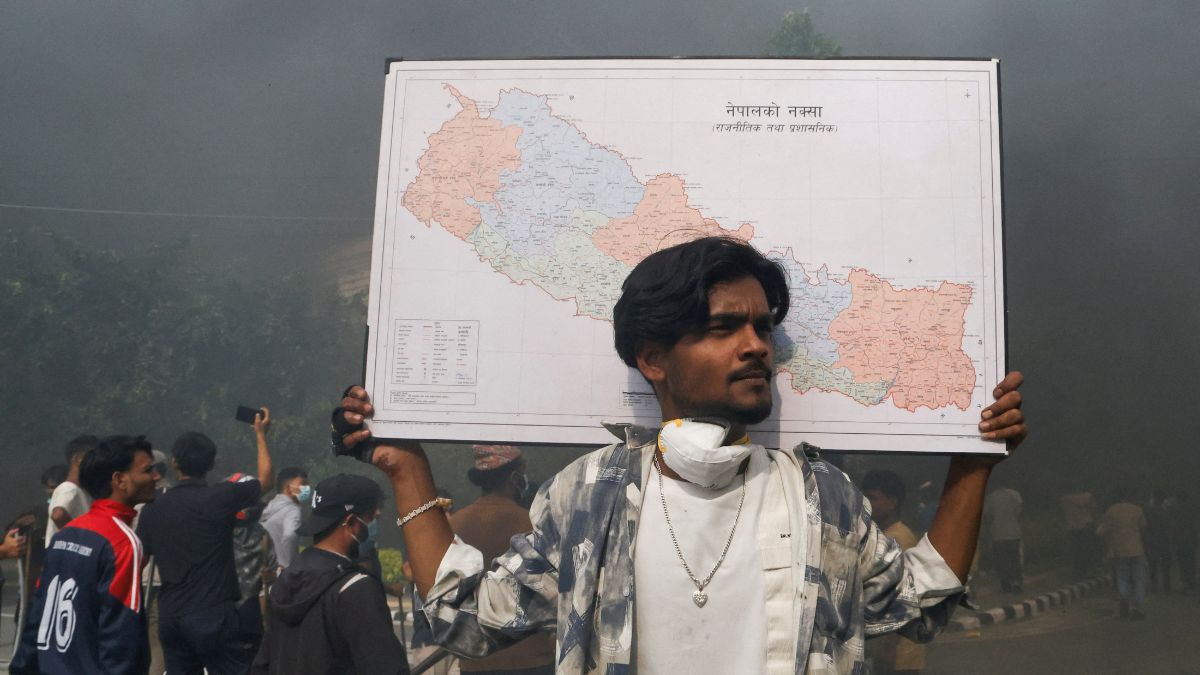)
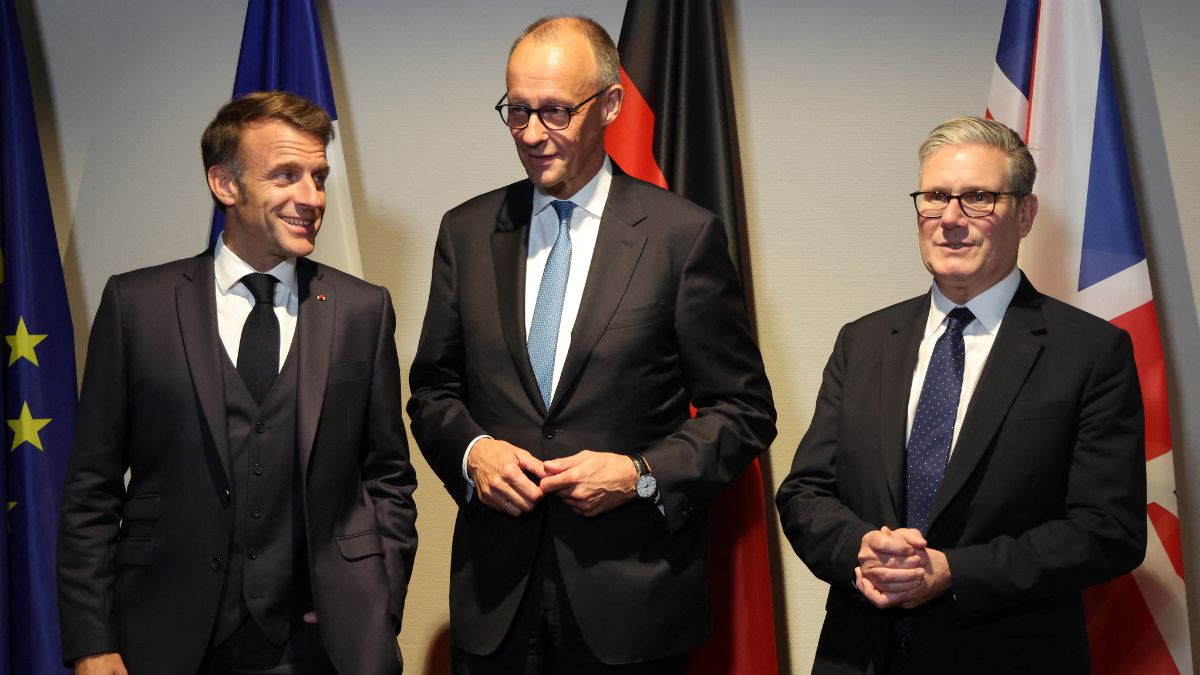)
)
)



